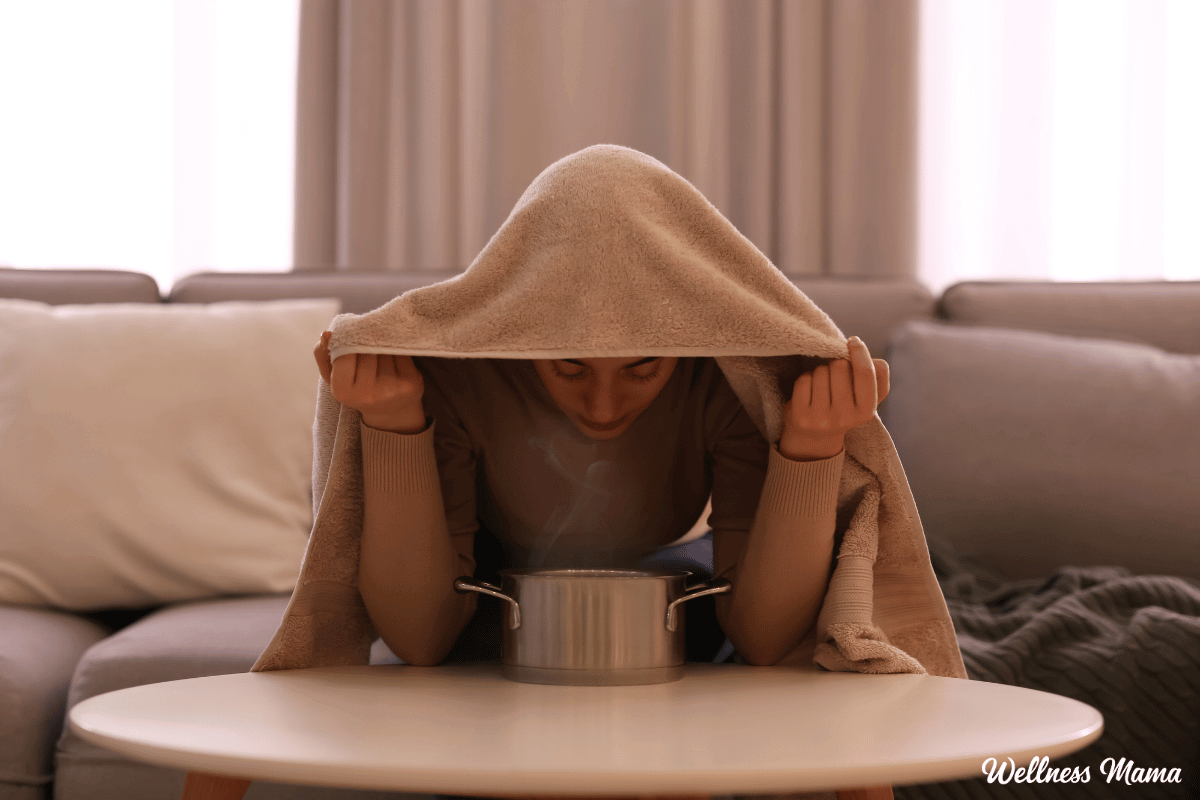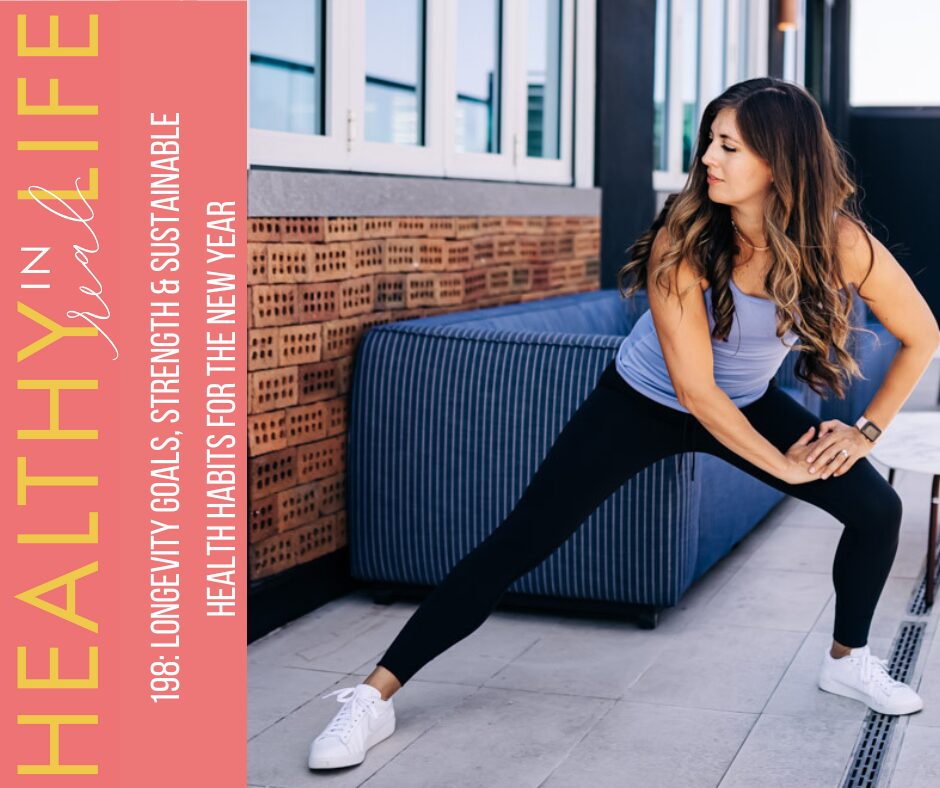One of my more popular guided meditations on the Insight Timer app is meant to help people get to sleep. It’s been listened to 900,000 times across the two versions that I have available, suggesting that a lot of people have trouble switching their minds off at night and find that meditation helps.
Unfortunately, a lot of people find that meditation switches their minds off when they don’t want that to happen; they keep nodding off while meditating. Here are a few pointers in case that happens to you. This is mostly meant for people who regularly have trouble staying awake in meditation, but even if that only rarely happens to you there’s some advice for you too.
First, if you’re falling asleep a lot during meditation, there are several possibilities:
- It could be a health problem.
- It might be that you’re chronically sleep-deprived.
- It could be related to diet.
- The time of day you’re meditating could also be a factor.
- Possibly your posture isn’t letting you breathe properly.
Health
Health problems first: if you have Long Covid, Chronic Fatigue Syndrome, or some other energy-sucking condition, you might well struggle to stay alert or even just awake during meditation. Some of what I have to say later will probably help, at least a little. But as long as your condition persists you’re always going to struggle with tiredness.
I’m generally in good health, but like anyone my energy drops when I have a cold or other infection. When this happens, one thing I find helpful is to practice accepting that I’m tired. It’s not that I surrender to sleep. Far from it; I make a gentle effort to stay awake as best I can. But I accept that tiredness is just part of the mix of experiences I’m having. I’ll be dipping in and out of dreaminess during meditation, and perhaps even nod off momentarily, and I’ll keep saying to myself, “This is just how it is right now.” Saying those words doesn’t make me any less tired, but is an enormous relief, because it releases me from the assumption that I should be able to stay awake and alert.
Don’t get into a fight with your tiredness. Work gently with it rather than trying to force yourself to be alert. Using force will appear to work for a minute or so, but it takes energy, which in the long run makes you more tired, not less. Just value those moments when you’re more alert.
Adjusting my posture can help too. See that section below.
One of my students who was struggling with tiredness recently went to get his health checked and found he had developed diabetes. That’s an unusual case, but these things happen. If you have no known health conditions and nothing is helping to keep you awake in meditation, then it’s not a bad idea to go see your doctor. In most cases they’ll probably shrug, but it’s best to be sure.
Sleep-deprivation
A lot of us are sleep-deprived. Maybe we can’t get to sleep at night; you can find lots of information online about sleep hygiene and so on, and you could also try the kind of sleep meditation I mentioned above.
Sometimes we’re just burning the candle at both ends of the night: going to sleep late and getting up too early. If you’re going to sleep too late, maybe it has to do with seeking stimulation through TV or social media. One solution to staying up too late is to have empathy and compassion for your future self. In essence, treat your future self (the you that has to get up for work tomorrow) as a real person whose suffering is real, and be kind to them. Help them out by going to bed a bit earlier.
For social media compulsions I have a whole section of advice, called The Social Media Sutra. Dive in. There’s a lot of useful stuff there.
If you keep waking up in the middle of the night, often this is to do with hypervigilance or anxiety. I recommend recognizing and congratulating Māra — Māra being the personification of the thoughts and emotions that disrupt our well-being. Even the thought, “Oh no, I’m awake again. I’m never going to get back to sleep again” is Māra, and by recognizing this and congratulating him on how he’d fooled you into believing that thought you stop believing it. I can’t tell you how many times I’d had that thought and been asleep again within moments. Those middle-of-the-night feelings of alertness and awakeness can be pure illusion.
Diet
When I moved from Glasgow to Edinburgh many years ago, someone gave me a small espresso-maker — one of those little octagonal Italian things — as a house-warming gift. I was delighted to be able to start my day with a shot of rich, dark, very strong coffee. It took me a while to make the connection, but it turned out that drinking an espresso first thing in the morning gave me an energy crash around 3 PM. During these crashes, powerful waves of tiredness would assail me. Staying awake in meditation during those times was almost impossible.
Not long after, a friend reported that he was having energy crashes at work in the afternoons. I knew he consumed large quantities of sugary breakfast cereal first thing in the morning, and I suggested that maybe sometime similar was going on with him. At first he dismissed my suggestion out of hand, but a couple of weeks later he realized that it was indeed the early-morning sugar-rush that was causing the dip in his energy levels later in the day.
Heavy meals tend to make us tired.
So there can be dietary reasons why you fall asleep.
Time of day
It’s not just diet and caffeine that can cause energy dips: mid- to late-afternoons are notoriously sleepy times anyway. On retreats, I’ve sometimes dreaded meditating in that time slot, because it’s such a struggle to stay awake. If, for some reason, that’s the time you normally meditate, you might find it difficult.
Interestingly, on retreats I found the only thing that worked to prevent nodding in the afternoon sits was to do yoga first. The stretching brought the body to life and released energy, so that those sits were alert instead of snoozy.
Posture
One of the main causes of sleepiness in meditation, though, is posture, and adjusting your posture is one of the main ways to combat drowsiness.
If you habitually sit a little slumped, with the back slightly bowed, this puts pressure on the ribcage. That in turn prevents it fully opening. A lot of people do this without realizing. We need to make sure that the back is reasonably straight so that we can breathe freely.
If you sit on cushions or a bench, make sure you’re sitting high enough. Sitting too low causes bowing.
If you sit on a chair and your back is resting against the chair back, then you’re probably sitting with your chest compressed.
My trick while sitting on a dining chair is to bend forward from the waist as far as I can. Then I wiggle my butt back until it’s making contact with the back of the seat, then sit upright. You should find that the seat back makes firm contact just above your buttocks. This means your spine can be effortlessly straight without it resting against the back of the chair.
Office chairs tend to be better designed for sitting upright, but even then I find it useful to do the butt-wiggle thing. In contrast to a dining chair, my office chair gives me a little support in the upper back as well as just above the buttocks. Your chair might be different.
The position you hold your head in makes a difference to your energy levels. Make sure your head is balanced and that the chin is not moving down to the chest.
In fact, I suggest playing around with the angle of the head. Pivot on the first vertebra rather than moving the entire neck. Notice how your ability to breathe fully into the upper chest changes with your head in different positions. With your chin even just a fraction too far down you’ll probably find that your upper chest doesn’t move as much. You need to be able to breathe fully into the upper chest in order to keep your body and brain oxygenated. Without that, you can’t be alert.
Other tips
Paying attention to the breathing higher in the body (in the upper chest, throat, and head) promotes alertness.
Paying more attention to the in-breathing also promotes alertness.
Finally, try being aware of the impermanence of each breath, and how it only comes once. There is just this one time to appreciate each breath. That awareness can bring a sense of urgency that helps keep you alert.

Wildmind is a Community-Supported Meditation Initiative. Click here to find out about the many benefits of being a sponsor.
Publisher: Source link






